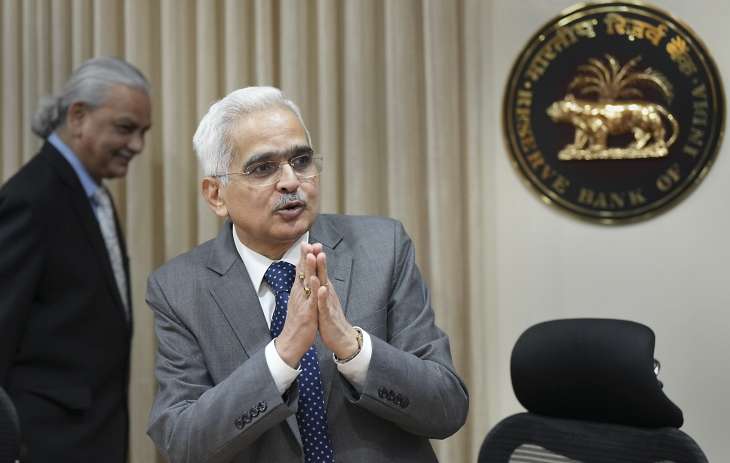
Reserve Bank Governor Shaktikanta Das on Wednesday said the Indian economy has made a strong recovery and remains one of the fastest growing large economies despite heightened vulnerabilities and headwinds.
He said that monetary interdependence is non-negotiable and all participants in the monetary framework should continuously strive to safeguard it.
In the foreword to the Financial Stability Report (FSR), he said, “The Reserve Bank and other financial regulators remain steadfast in their commitment to safeguard financial stability in the face of potential and emerging challenges.”
He said, in this fragile global environment, accommodating systemic compromises, safeguarding macroeconomic and monetary stability, supporting certainty and supporting managed growth are the first concerns of policymakers around the world.
In recent years, economies around the world have been experiencing progressive high-sufficiency shocks: waves of the COVID-19 pandemic; extended international threats; rapid tightening of monetary policy; and the recent turmoil in the banking industry.
They stressed that macroeconomic prospects are at risk as a result of economic fragmentation, especially in emerging market and developing economies (EMDEs). Since the last issue of the FSR in December 2022, the global and Indian financial systems have charted somewhat divergent paths.
Since early March 2023, the turmoil in the banking industry in the United States and Europe has exerted significant pressure on the global financial system. US-based Silicon Valley Bank and Signature Bank both went bankrupt earlier this year. In March, Credit Suisse provided a bailout to UBS, Switzerland’s largest bank.
It added that since the last issue of the FSR in December 2022, the global and Indian financial systems have charted slightly different trajectories. Additionally, the global financial system has been affected by significant stress since early March 2023 due to banking turmoil in the US and Europe. ,
According to the report, on the other hand, India’s financial sector remains stable and resilient, as evidenced by the country’s low levels of non-performing assets, adequate capital and liquidity buffers, and steady growth in bank credit.
He said the balance sheets of the banking and corporate sectors have been strengthened, resulting in “twin balance sheet benefits” for growth. He also said that technology and increasing digitization are increasing the reach and depth of financial intermediation, opening up new opportunities for growth and financial inclusion.
As evidenced by new financial turbulence in specific advanced economies (AEs), new threats require a re-evaluation of worldwide guidelines on monetary area guidelines, they said.
While worldwide partnership between regulators on these issues is of prime importance, he said, undoubtedly, the two regulators and the directed substances need to continue to the end with a stable obligation to guarantee a stable monetary framework.
He said that good times are good times to sow the seeds of insecurity as risks are often ignored. Other issues such as climate change and cyber risk require international cooperation and regulatory focus, he said.
Through its G20 administration, India is trying to work on the feasibility of multilateralism in some such areas. India’s theme for the G20 is a fitting reflection of these efforts: One Earth, One Family, One Future.
Read this also | RBI Recruitment 2023 for 66 Consultant/Subject Specialist/Analyst Posts, Check Eligibility, How to Apply
read this also , India’s current account deficit narrows to 0.2% of GDP in Q4 FY23: RBI data